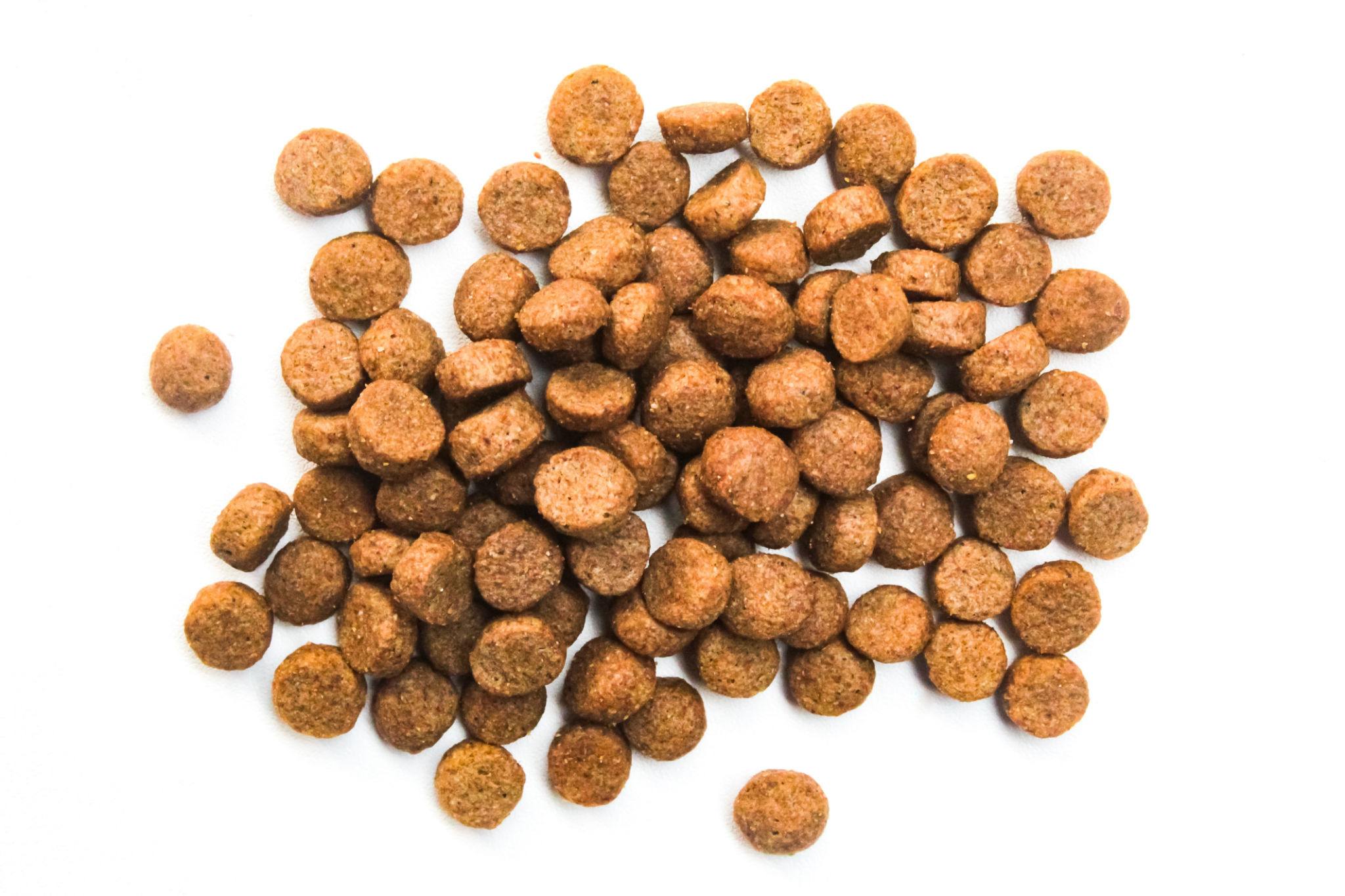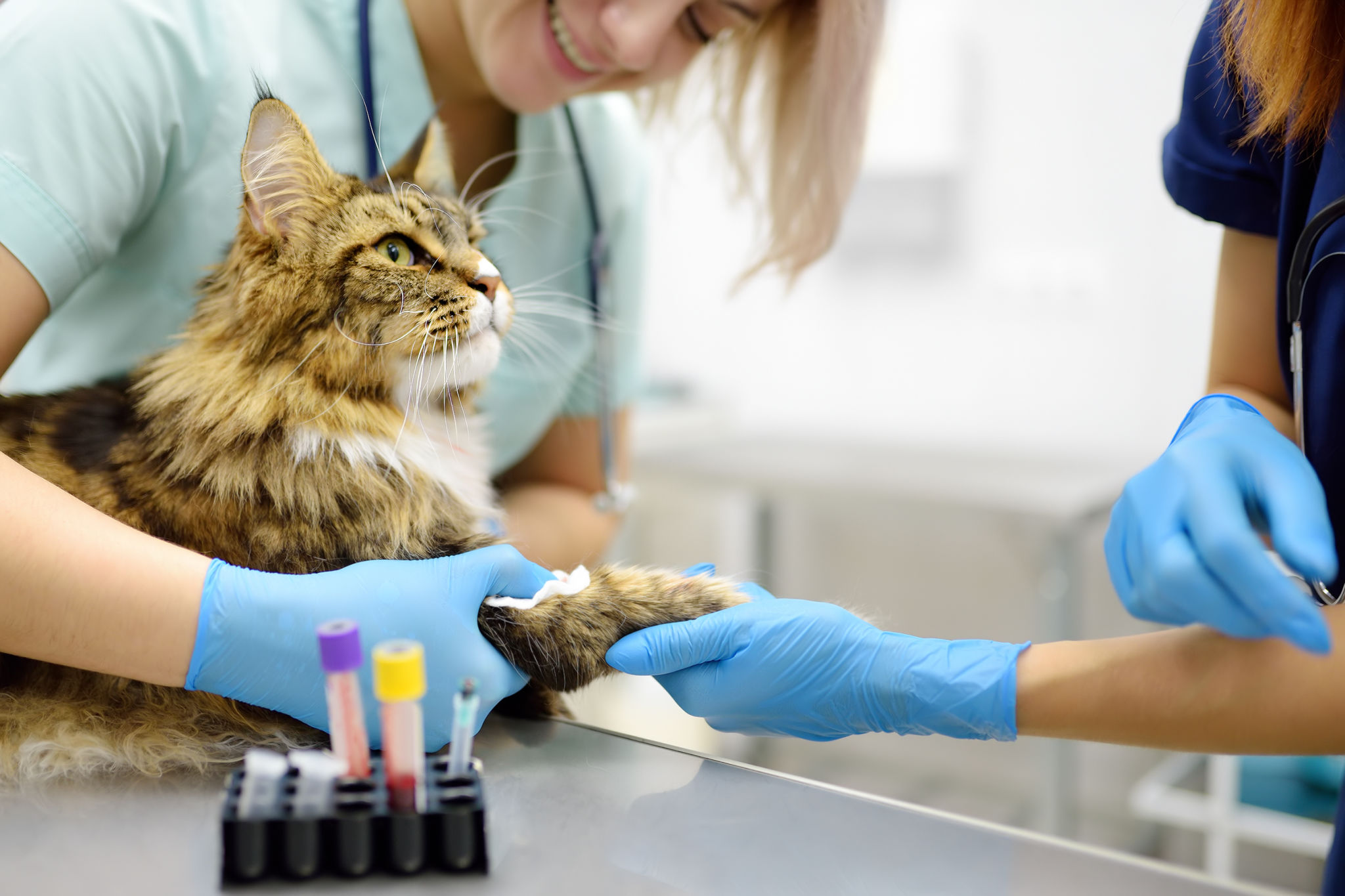Debunking Common Myths About Pet Nutrition and Health
Vl
Understanding Pet Nutrition
When it comes to pet nutrition, there's a lot of information circulating that can be confusing or misleading. Understanding what your pet truly needs is essential for their health and well-being. A balanced diet that meets all nutritional requirements is crucial, yet many myths can lead to poor dietary choices.

Myth 1: All Pet Foods Are Created Equal
One common myth is that all pet foods provide the same nutritional value. This couldn't be further from the truth. Pet foods vary widely in quality and nutritional content. While some are formulated to meet all dietary needs, others may lack essential nutrients or contain fillers that offer little benefit. Always check the ingredient list and nutritional information to ensure you're giving your pet the best.
Myth 2: Grain-Free Diets Are Always Better
The popularity of grain-free diets has led many pet owners to believe they are a superior choice. However, grains can be an important source of carbohydrates, fiber, and essential nutrients. The key is understanding your pet's specific dietary needs and consulting with a veterinarian to determine if a grain-free diet is appropriate.

The Role of Vitamins and Supplements
Another area of confusion is the role of vitamins and supplements in pet nutrition. Some believe that adding supplements can replace a balanced diet, but this is a myth. While certain conditions might require supplements, most pets get what they need from a complete and balanced diet. Over-supplementing can even lead to health issues.
Myth 3: Raw Diets Are the Healthiest Option
Raw diets have gained popularity with claims of being more natural and healthier for pets. However, raw diets can pose risks, including bacterial contamination and nutrient imbalances. It's important to weigh these risks against the benefits and discuss them with a veterinarian before making dietary changes.

Debunking Misconceptions About Pet Health
Beyond nutrition, misconceptions about pet health can impact overall well-being. Regular veterinary visits are vital for maintaining your pet's health, but some myths suggest otherwise.
Myth 4: Indoor Pets Don't Need Regular Vet Visits
Some pet owners believe that indoor pets are less susceptible to health issues and therefore don't require regular vet visits. In reality, indoor pets can still face health challenges such as obesity, dental issues, and more. Routine check-ups are essential for early detection and prevention of potential problems.

Myth 5: Cats Don't Need Grooming
Cats are often thought to be self-sufficient groomers, but they still benefit from regular grooming sessions. Grooming helps prevent hairballs, reduce shedding, and allows you to check for skin issues or parasites. Introducing grooming routines early can make it a pleasant experience for both you and your feline friend.
By understanding and debunking these common myths about pet nutrition and health, you can make informed decisions that contribute to your pet's long-term happiness and well-being. Remember, when in doubt, consult with a veterinary professional to ensure your pet receives the best care possible.
